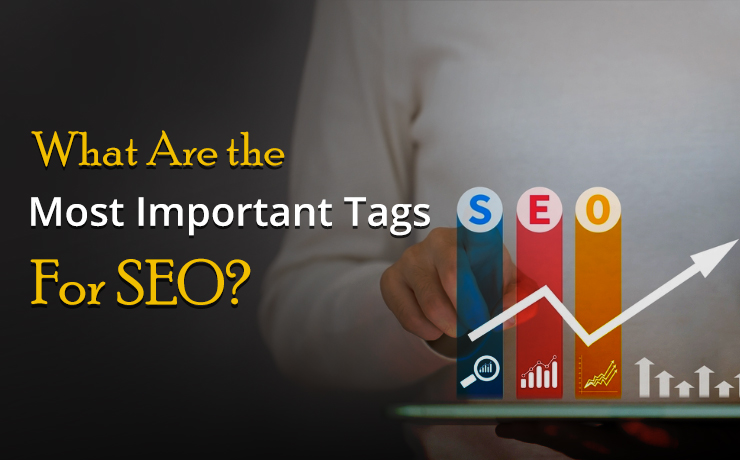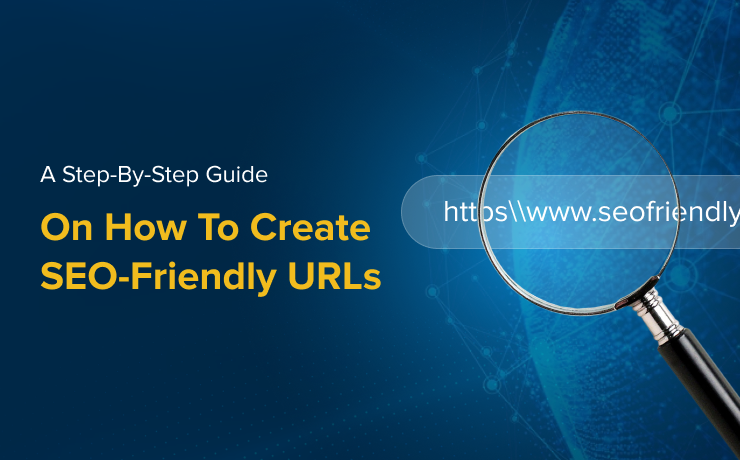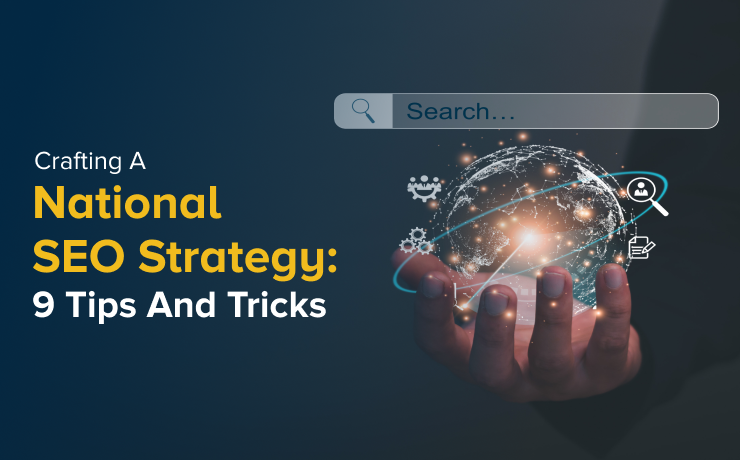What Are The Most Important Tags For SEO?

Chad Faith
Director of Content

Search engine optimization (SEO) is an essential part of any website’s success. It is the process of optimizing a website to rank higher in search engine results pages (SERPs) and drive more traffic to the site. One of the key components of SEO is the use of tags, which are HTML elements that help search engines understand the structure and content of a webpage. In this article, we will discuss the most important tags for SEO and how to use them effectively.
Header tags (H1-H6)
Header tags, also known as H tags, are used to structure the content of a webpage. They range from H1, the most important tag, to H6, the least important. H1 tags are used to indicate the main headline or title of a webpage and should be used only once per page. H2 tags are used for subheadings and H3 tags for sub-subheadings and so on.
The use of header tags helps search engines understand the hierarchical structure of a webpage and the importance of different sections of the content. It also makes it easier for users to scan the page and find the information they are looking for. To optimize your header tags for SEO, use relevant keywords in the text and make sure to use only one H1 tag per page.
Title tags
Title tags, also known as the title element, are HTML elements that provide a brief summary of the content of a webpage. They are displayed in the browser’s title bar or tab and are also used by search engines as the title of a webpage in SERPs. Title tags are one of the most important tags for SEO as they help search engines understand the relevance of a webpage to a particular search query.
To optimize your title tags for SEO, use relevant keywords at the beginning of the tag, keep the length under 60 characters and make sure to include your brand name. Avoid using duplicate title tags on multiple pages as it can harm your search engine ranking.
Meta description tags
Meta description tags, also known as meta descriptions, are HTML elements that provide a brief summary of the content of a webpage. They are displayed in SERPs under the title of a webpage and can have a big impact on the click-through rate (CTR) of a webpage.
Meta descriptions are not a direct ranking factor for search engines, but they can help increase the CTR of a webpage and drive more traffic to your site. To optimize your meta description tags for SEO, use relevant keywords, keep the length under 155 characters and make sure to include a call to action.
Alt tags
Alt tags, also known as alt attributes, are HTML elements that provide a text description of an image. They are important for SEO as they help search engines understand the content of an image and can also improve the accessibility of a webpage for users with visual impairments.
To optimize your alt tags for SEO, use relevant keywords and make sure to provide a meaningful and accurate description of the image. Avoid using generic phrases such as “image” or “photo” and make sure to include alt tags on all images on your website. In summary, header tags, title tags, meta description tags, and alt tags are some of the most important tags for SEO. They help search engines understand the structure and content of a webpage, improve the relevance of a webpage to a particular search query, and increase the click-through rate of a webpage. By optimizing these tags and using them effectively, you can improve your search engine ranking and drive more traffic to your site.
 Free
Consultation
Free
Consultation Free
Google Ads Audit
Free
Google Ads Audit







